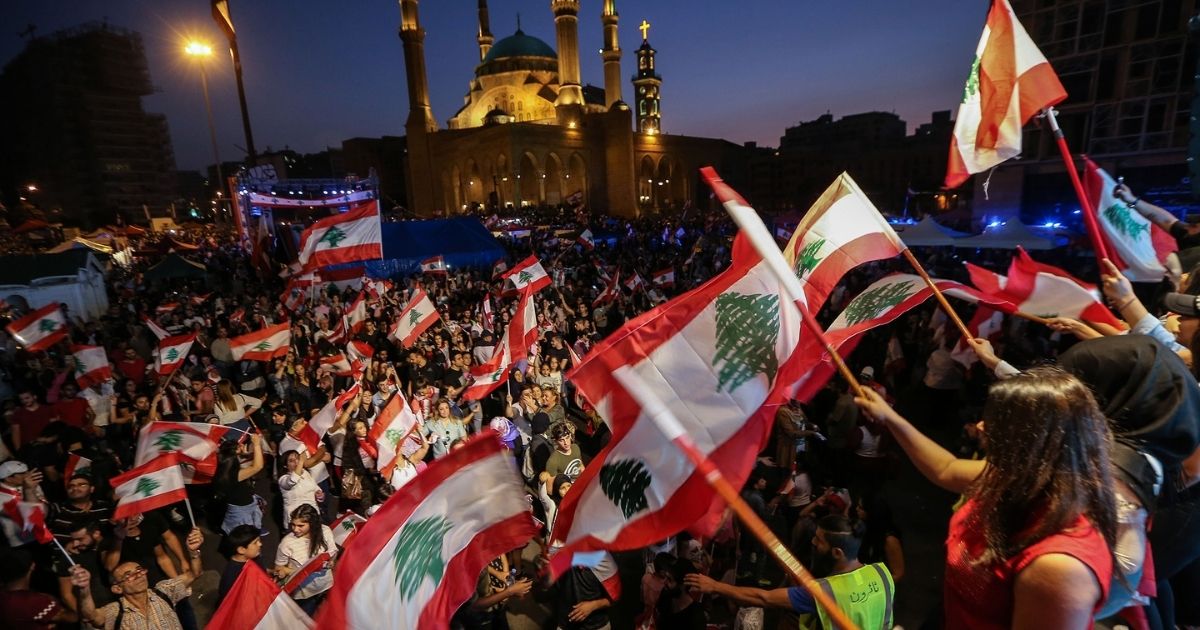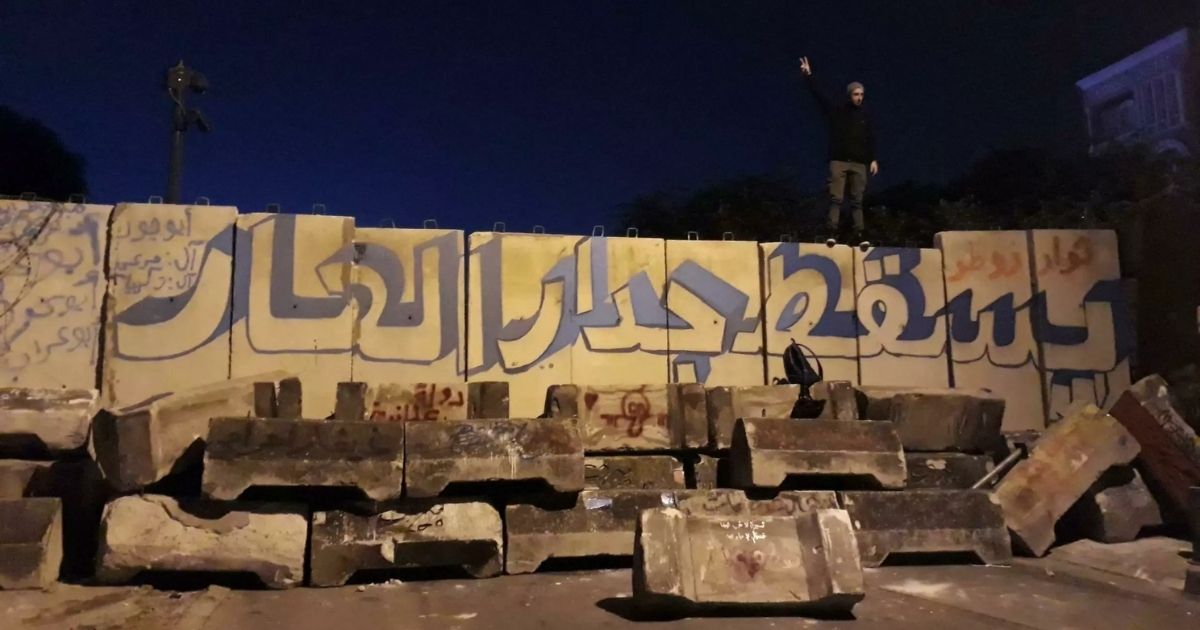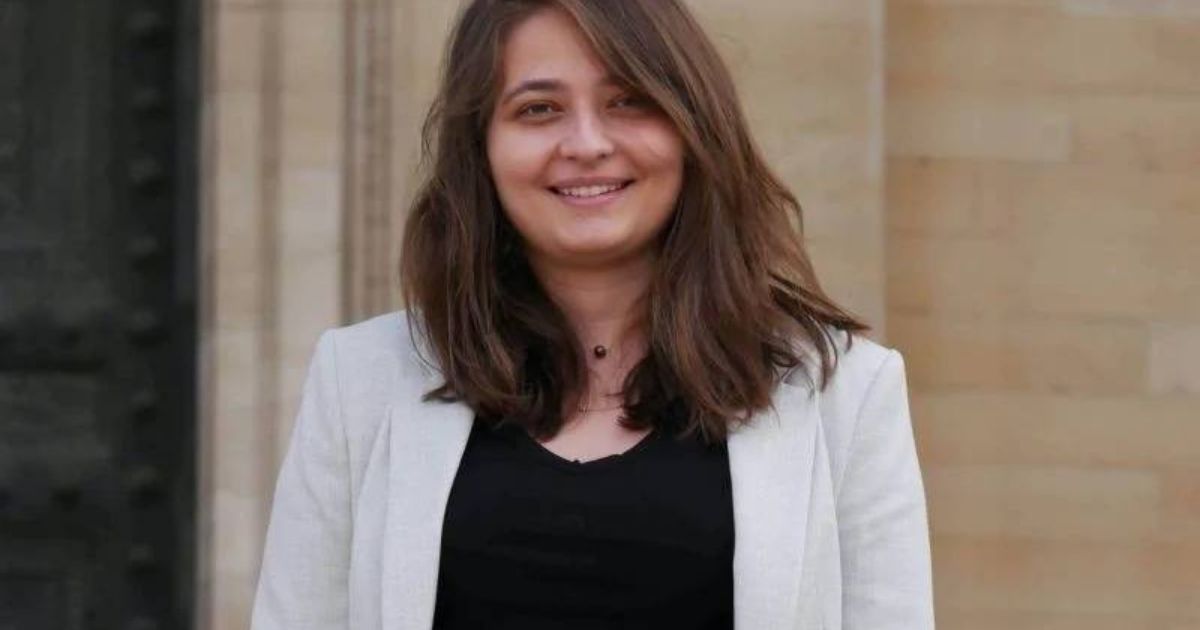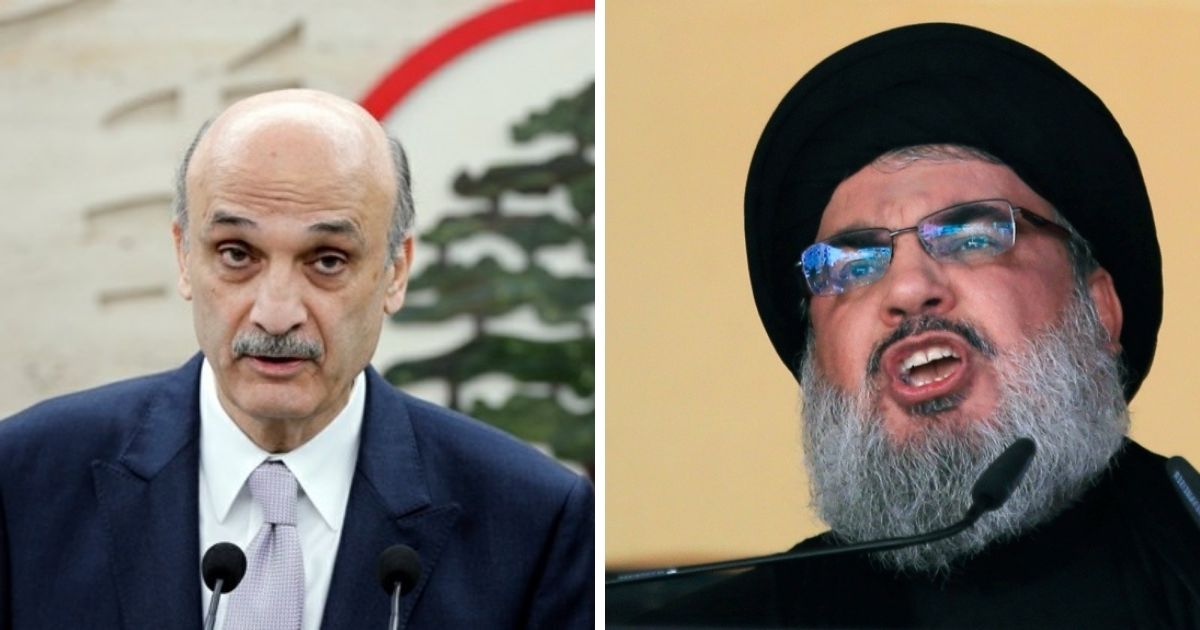Lebanon’s religious leaders came together on Tuesday to publically condemn sectarian conflicts and the violent protests that erupted in Beirut after a video with offensive religious statements triggered a night of vandalism and violent confrontations.
According to reports by multiple news agencies, Sunni Sheikh Ali Bitar from Beirut’s Basta area visited Shiite Sheikh Mohammad Ayyad, from nearby al-Khandaq al-Ghamiq in order to ensure him of their wish for “Islamic Unity” amid Lebanon’s current events.
“We came together to show the Lebanese people that we are one body,” Sheikh Ali Bitar from the Basta mosque said in a televised statement.
As reported by The961 earlier, a large group of men allegedly from the Khandaq al-Ghamiq area descended upon downtown Beirut, shouting pro-Shiite chants as they entered Martyrs’ Square, smashed windows, set cars on fire, and threw stones and firecrackers at security forces.
Unlike the violence which erupted in the past, Monday’s confrontation in Beirut was namely between security forces and supporters of Hezbollah and the Amal Movement.
In a joint statement issued Tuesday, and in order to achieve one’s message, Sheikh Bitar and Sheikh Ayyad denounced the use of violence and vandalism .“The protesters should not be burning cars and destroying property,” Sheikh Bitar insisted.
Sheikh Ayyad went on to note that the violence on Monday night appeared to be “intended to create chaos and divisions among the Lebanese to keep them away from their real demands, fighting corruption.”
The video that triggered Monday night’s violence was filmed by a Lebanese man named Saidawi from Tripoli, in which he voiced insults at the Shiite sect, its religious leaders and political figures, including Speaker Nabih Berri and Hezbollah leader Sayyed Hasan Nasrallah. The Sheikhs united in their condemnation of the video, labeling it a “video of dissent.”
In other news, a group of lawyers filed a lawsuit against Saidawi with the Beirut Public Prosecutor for “threats to civil peace that could lead to sectarian, confessional and national strife.”
Saidawi filmed yet another video that circulated on social media the following day, apologizing for the statements he had uttered, saying he had been a victim of peer pressure.
“I apologize to all sects. I wasn’t aware of what I was saying,” he stated. However, he did insist that he stands by his opinion that political heads should not be worshiped like religious figures.



















